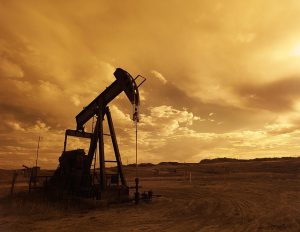Most Common Deadly Types of Oil Rig Accidents
Posted in Fracking,Oil Refinery Law,Work Site Injury on July 14, 2016
Offshore oil extraction is an extremely dangerous job. Workers are constantly exposed to hazardous conditions such as harsh weather, heavy machinery and flammable materials which often result in offshore accidents and lead to serious injuries for the workers involved. Understanding the dangers of offshore work, as well as the most common causes of oil rig accidents, is important for preventing these accidents from happening in the future.
Most common Texas oil rig accidents
These are the most common and deadly accident that occur on offshore drilling platforms:
1. Transportation accidents
Theses accidents happen when workers and equipment are being transferred to or from a rig. These accents usually result from adverse weather or equipment and engine failure.
 2. Contact with objects or equipment
2. Contact with objects or equipment
Heavy and dangerous machinery often cause serious accident on oil rigs. An example of one of these injuries is getting a hand stuck in a piece of working machinery or getting trapped between two heavy objects or pieces of equipment and they can cause serious crushing injuries.
3. Oil rig fires and explosions
Fires and explosions happen far too frequently on oil rigs. Flammable material, electrical work and welding all contribute to fires on oil rigs and with all the flammable materials many oil rig fires become difficult to contain.
4. Exposure to harmful substances and environments
Oil rig workers are exposed to a number of hazardous chemical while on board, including hydrogen sulfide while they are drilling. Exposure to these chemicals can sometimes be fatal.
5. Fall accidents
Insufficient fall protection and harsh weather conditions make fall accidents on oil rigs one of the deadliest accidents. Both falls from elevated areas and fall on the same level can be serious on oil rigs.
Oil rig safety
Oil rig workers do accept a certain level of risk doing their jobs, but many accidents are caused by negligence and can be prevented. Being aware of these hazards can help you take extra precautions in safety, but if you feel that you or a co-worker is in danger you should notify your supervisor immediately.
